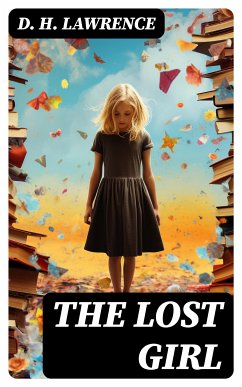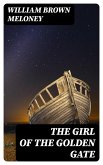D. H. Lawrence's "The Lost Girl" is a profound exploration of the female psyche and the tumultuous journey of self-discovery, set against the backdrop of early 20th-century societal constraints. Through the character of Alvina Houghton, Lawrence employs a lyrical, modernist narrative style that seamlessly weaves introspection and vivid imagery, reflecting the complex interplay between personal desires and societal expectations. The book is both a critique of provincial life and a celebration of individual passion, making it a poignant commentary on the struggles faced by women of that era. D. H. Lawrence, a major figure in English literature known for his controversial themes and rich characterizations, often drew from his own experiences in crafting narratives. Raised in the industrial Midlands of England, Lawrence's upbringing and formative years provided a lens through which he examined themes of sexuality, identity, and human connection. "The Lost Girl" embodies his conviction that personal and artistic freedom are intertwined, mirroring his own artistic battles against the conventions of his time. This book is an essential read for those intrigued by feminist literature, modernist narratives, or the evolution of character in literature. Lawrence's nuanced portrayal of Alvina's struggles offers timeless insights into the quest for authenticity, making it a compelling and enriching experience for contemporary readers.
Dieser Download kann aus rechtlichen Gründen nur mit Rechnungsadresse in A, B, BG, CY, CZ, D, DK, EW, E, FIN, F, GR, H, IRL, I, LT, L, LR, M, NL, PL, P, R, S, SLO, SK ausgeliefert werden.









